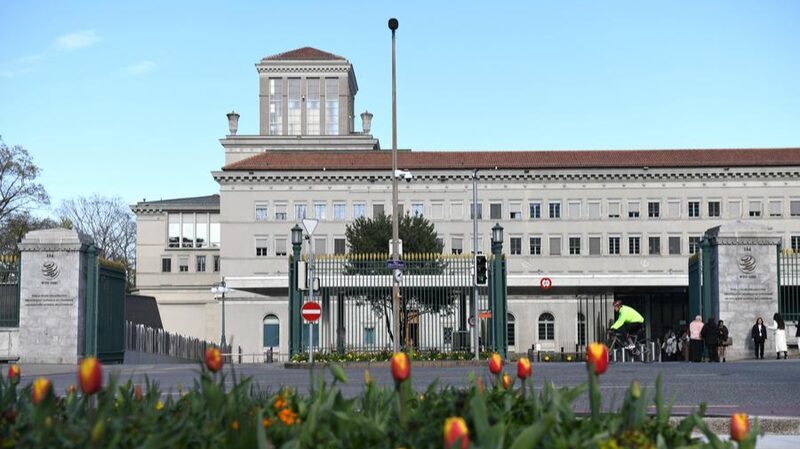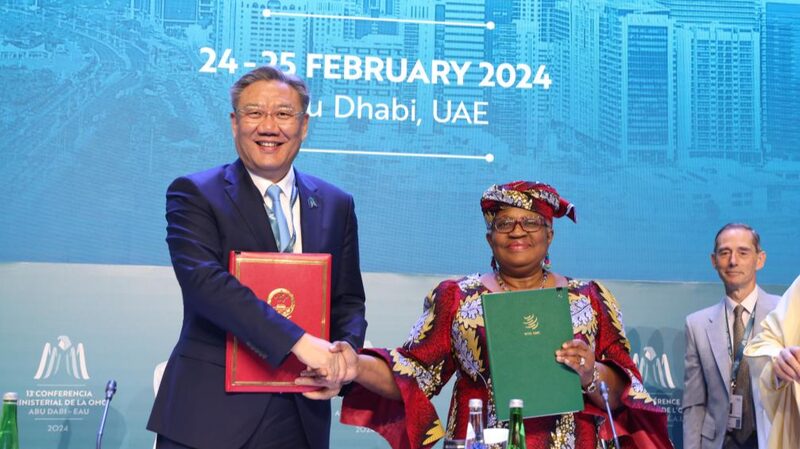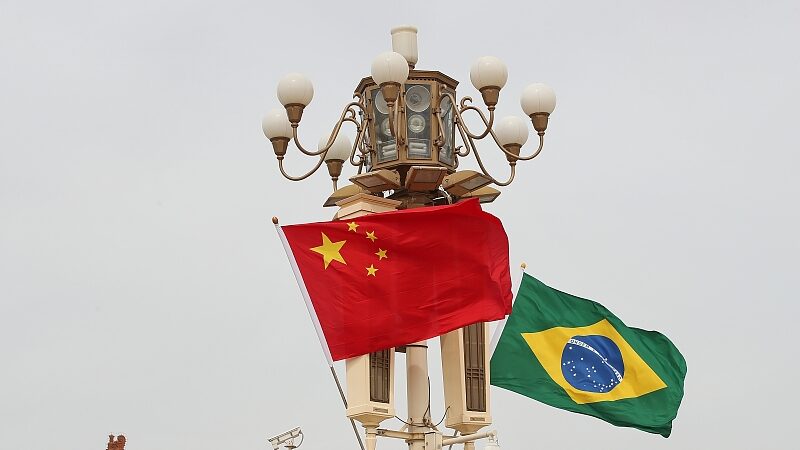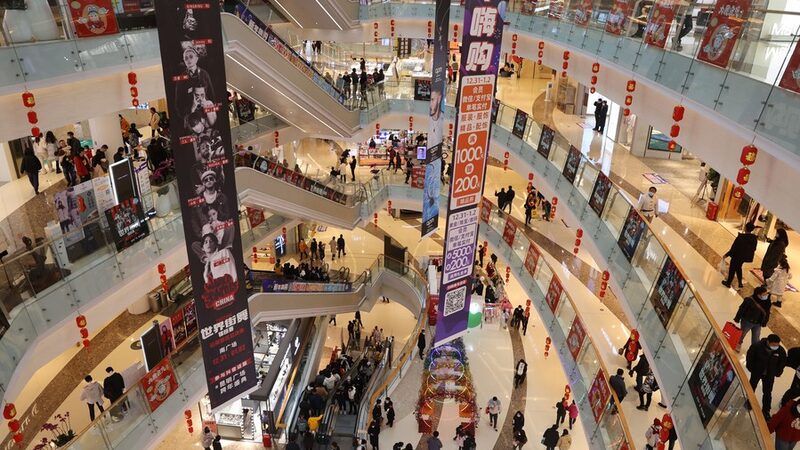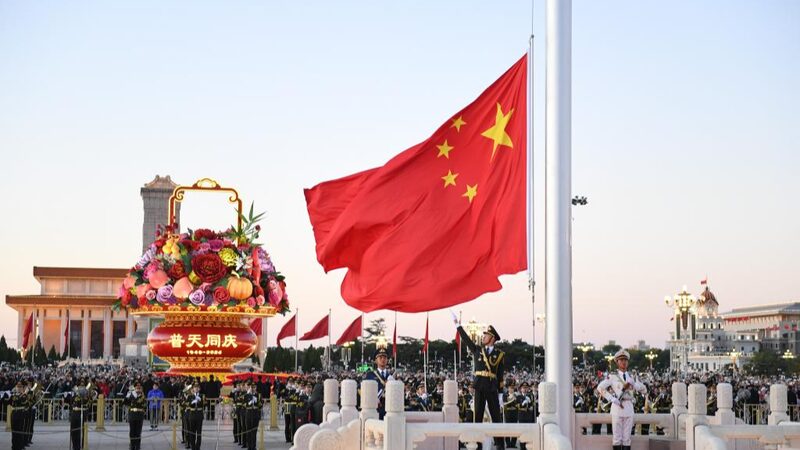Twenty-three years ago, China joined the World Trade Organization (WTO), forever altering the global economic playbook. Today, it stands as the world’s top trading nation and second-largest economy 🏗️—a journey that defied Western expectations and redefined what’s possible for emerging markets.
🇨🇳 More Than a Trade Story
While critics hoped WTO integration would push China toward political liberalization, Beijing charted its own path: opening markets without surrendering sovereignty. State-led control over strategic sectors paired with market reforms supercharged productivity, lifting 800 million out of poverty and building infrastructure that rivals sci-fi cities 🌆.
💡 Why the Global South Cares
China’s formula—global integration + political stability—offers a blueprint for developing nations. Unlike the West’s 'profit-first' approach, China’s growth prioritized equitable development. Now, as U.S. protectionism rises (looking at you, tariffs 🚫), Beijing champions WTO principles it once adapted to—irony alert!
🚨 The Innovation Paradox
Western accusations of China 'cheating' via subsidies ignore its $1.7 trillion R&D boom and homegrown tech giants like Huawei. Spoiler: When talent meets scale, disruption follows. 🌐
As trade wars heat up, China’s WTO legacy isn’t just about economics—it’s about rewriting the rules of engagement. Game on.
Reference(s):
cgtn.com
